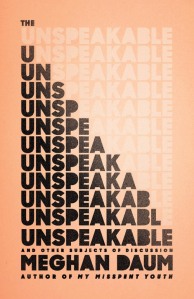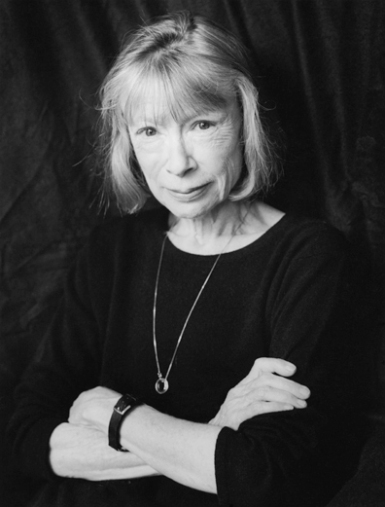
While trying to feed myself a subpar dinner, I almost burned down my apartment building.
For months, I have been revisiting the same nearly complete blog post. It resides in my email draft folder—waiting, lurking. Every time I consider publishing it, I stop myself.
Its topic: Success.
Part of me is turned off by the idea of success—if I consider myself “successful,” won’t I just become complacent?
Part of me is lured in by it—if I consider myself “successful,” won’t that be an indication that I feel fulfilled by my daily life?
I don’t think this internal dichotomy is uncommon, especially among 20-somethings…or dare I even write the dreaded term millennials…but in my day-to-day I don’t often encounter in-depth discussions focused on defining success and analyzing how it pertains our decisions.
My unpublished piece is a critique of a popular news outlet’s BuzzFeed-style listicle about how “successful” people spend their weekends. The listicle’s main premise is that weekends should be reserved for “me time” and passion projects. My argument against that is essentially that success shouldn’t mean doing something you hate every weekday so you can spend the weekends doing what you love (which describes the vibe I got from the listicle); rather, I claim success should mean taking care of yourself and doing something you love every day, and finding a way to live off of that.
And I know, that’s extraordinarily easy to say and immensely more difficult to practice. What’s held me back from hitting that daunting publish button is doubt in my own argument and whether I’m actually practicing what I preach (don’t hate me for this cliché; it’s just too fitting to resist).
As I type this from the heart of Midtown, guzzling endless cups of tea and coffee to keep my sleep-deprived brain marginally more functional, I ponder my definition and whether my life reflects it. I have spent the last week temporarily doing someone else’s full-time job, while freelancing during mornings and evenings, and working part-time on the weekend (gotta love the Brooklynite’s freelance hustle).
“Me time” has meant me knocking out from exhaustion in the early hours of the morning, clutching pints of Halo Top or cups of Yogi tea that by some miracle haven’t yet spilled on my laptop (plus facilitating the rescue of a 35-pound raccoon from an eight-foot barbed wire fence and almost burning down my apartment—see photo above—but those are stories for another time).
As I contemplate my upcoming career and location decisions, I wonder what will be required of me to pursue my passions. I wonder whether I truly want to solidify my currently dubious definition of success, or just keep chasing it; I wonder whether concretely defining success for myself will actually guide me to becoming successful by my own measure; I wonder whether continuous personal growth requires us to allow our individual definitions of success to constantly evolve, and if so, how to navigate that.
With this unsettled definition to consider (not to mention all my swirling thoughts about where I want to live and work), I struggle to determine whether my daily choices are truly enhancing my skills and aligning with my career goals—i.e. paving a path to success.
So, I put these questions to you, internet dwellers:
1. How do you define success?
2. How does passion interact with your definition of success?


